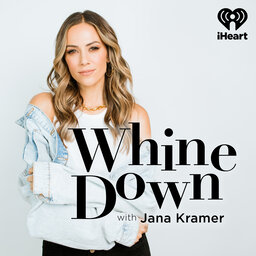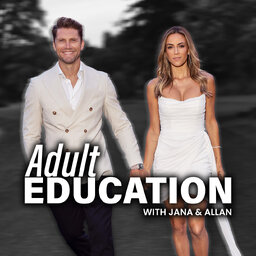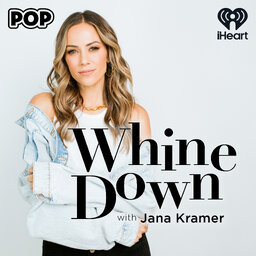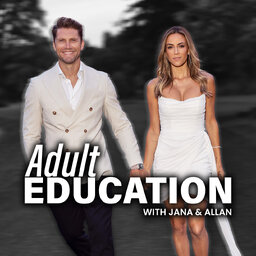Good Medicine with Dr. Drew
Jana has an appointment with one of the most famous doctors of all time, the legendary Dr. Drew!
Dr. Drew shares the realities of sex addiction when Jana opens up about the challenges she faced in her previous marriage.
We discuss the effect social media has on our mental health, and how to protect our children from the negative aspects of being online.
Plus, Dr. Drew has some anti-aging tips you NEED to hear!
 Whine Down with Jana Kramer
Whine Down with Jana Kramer


